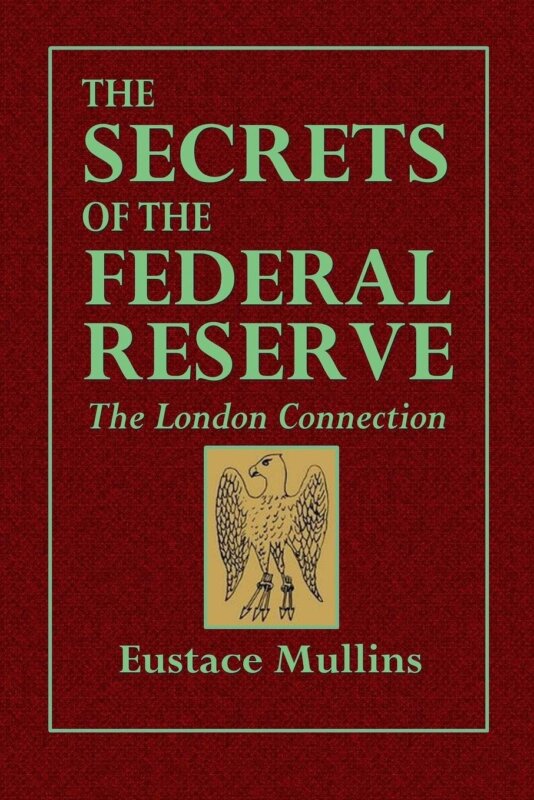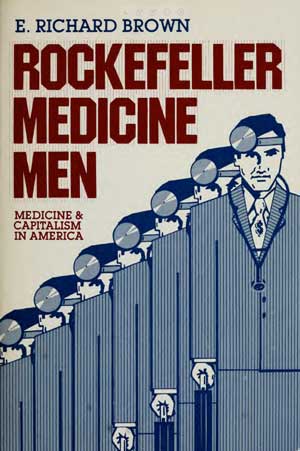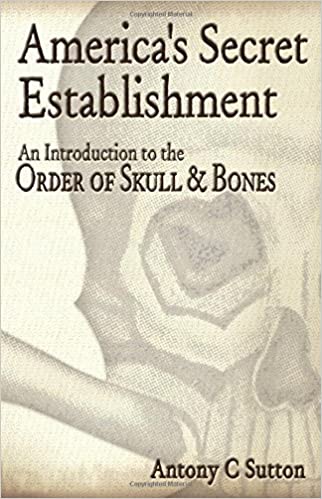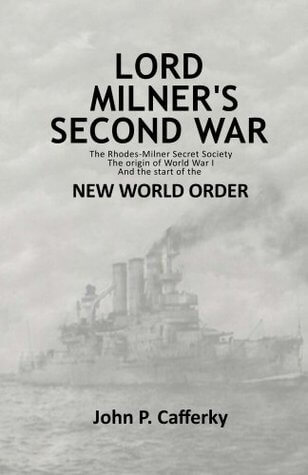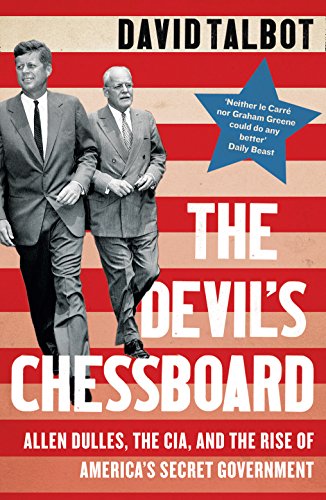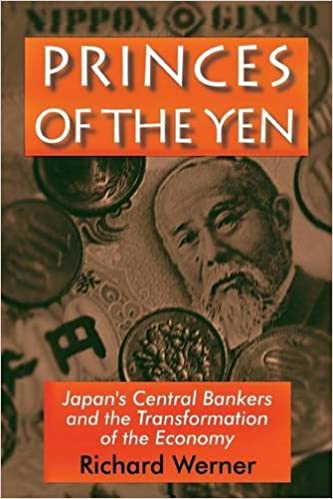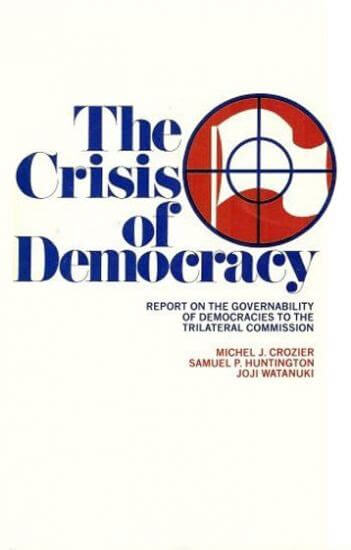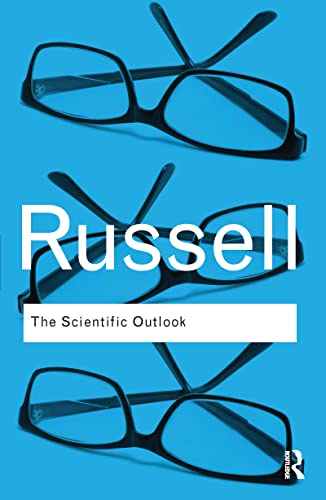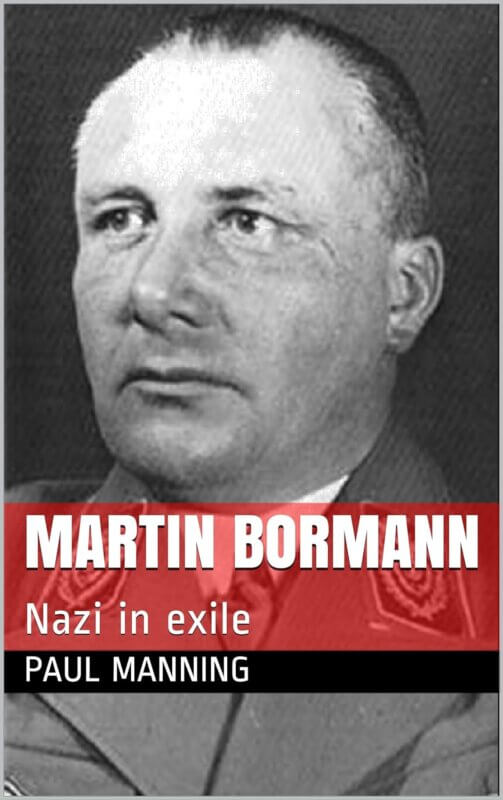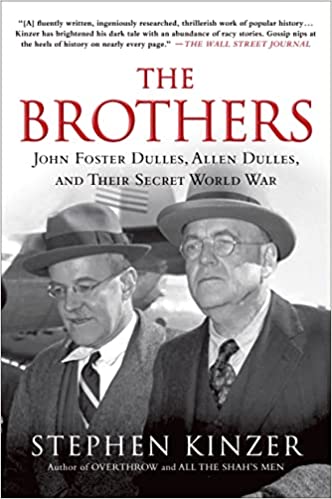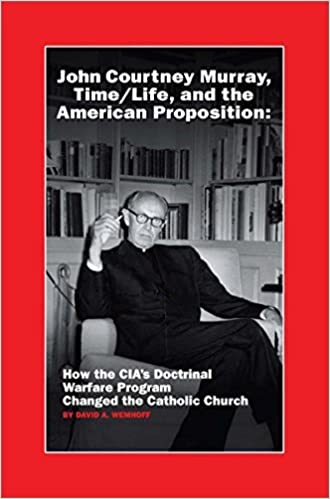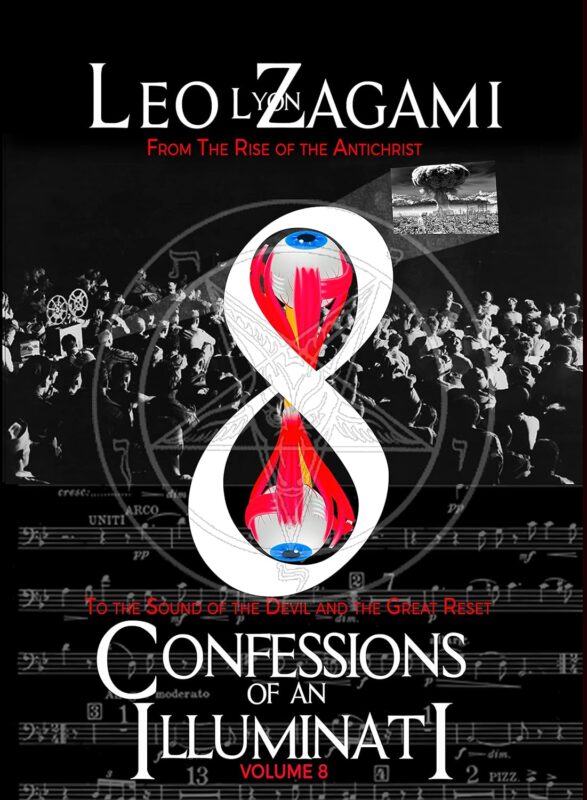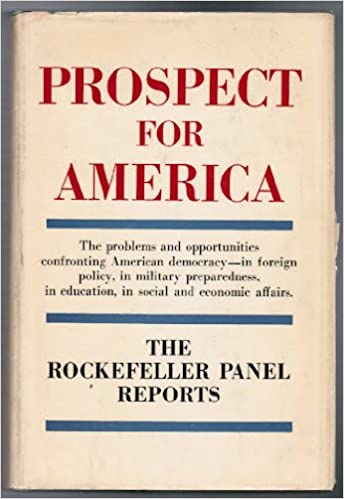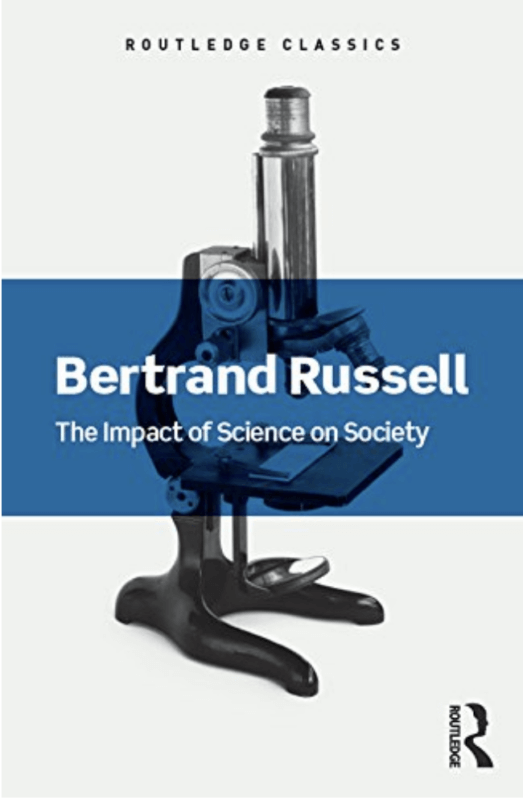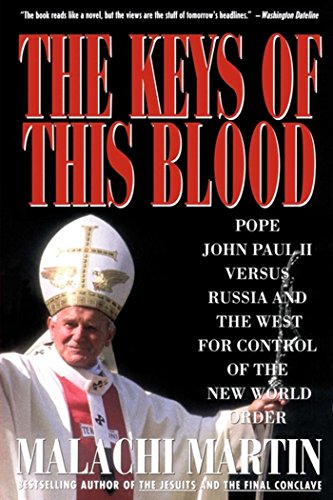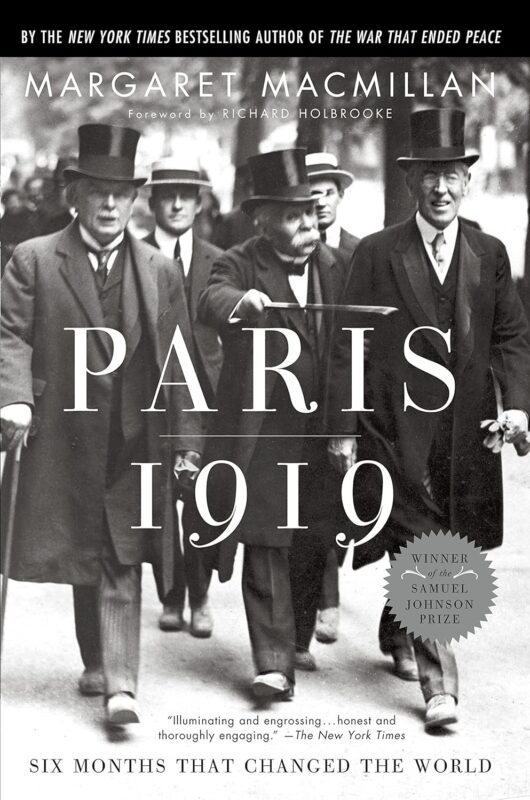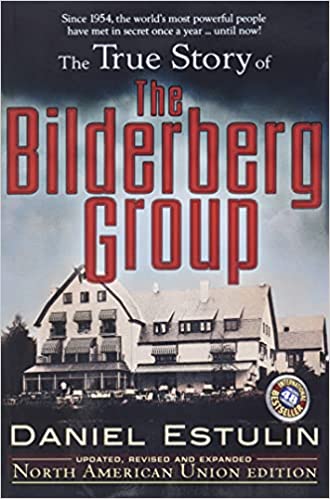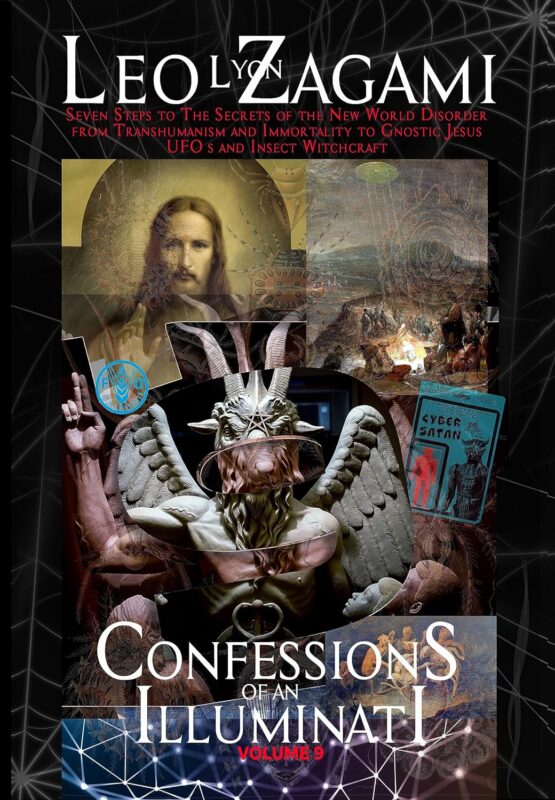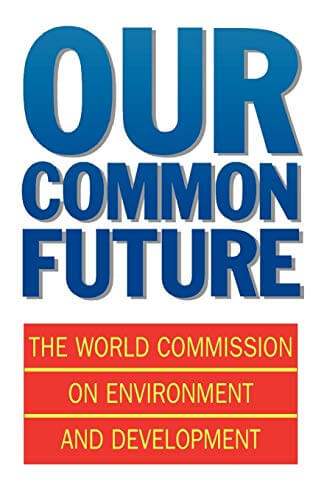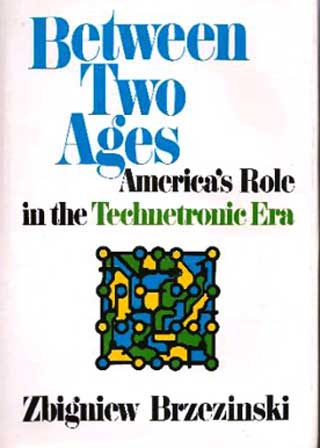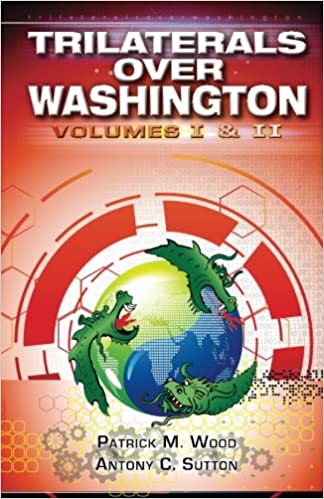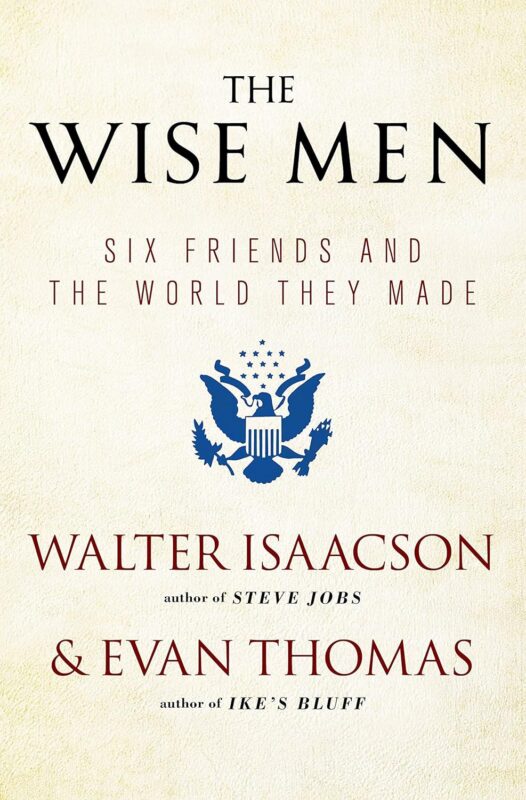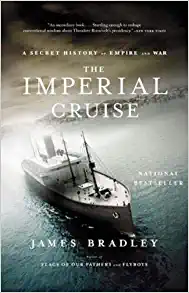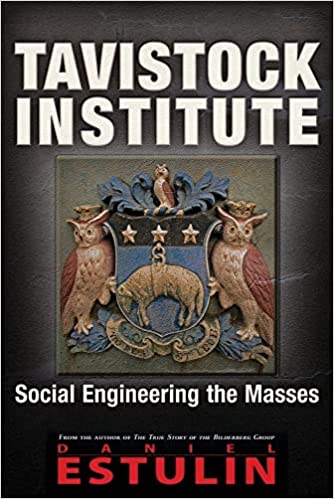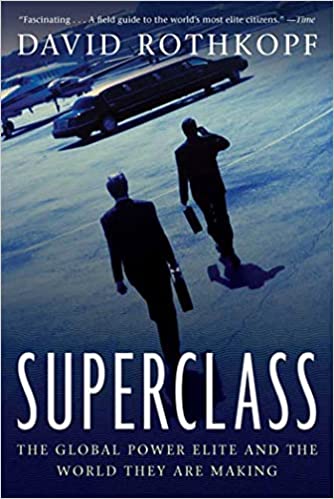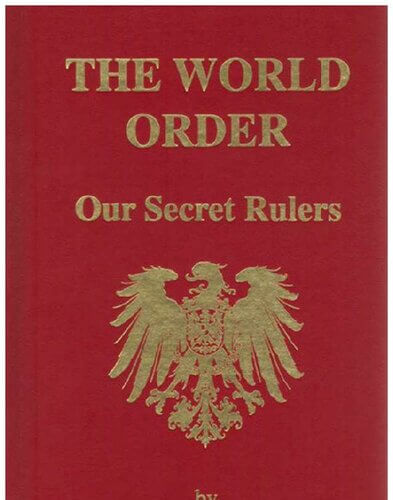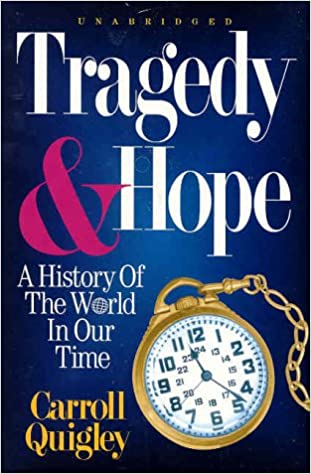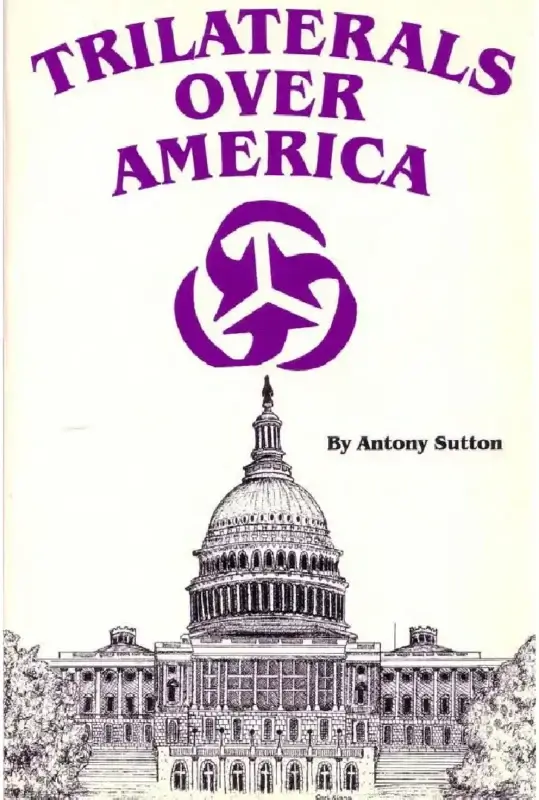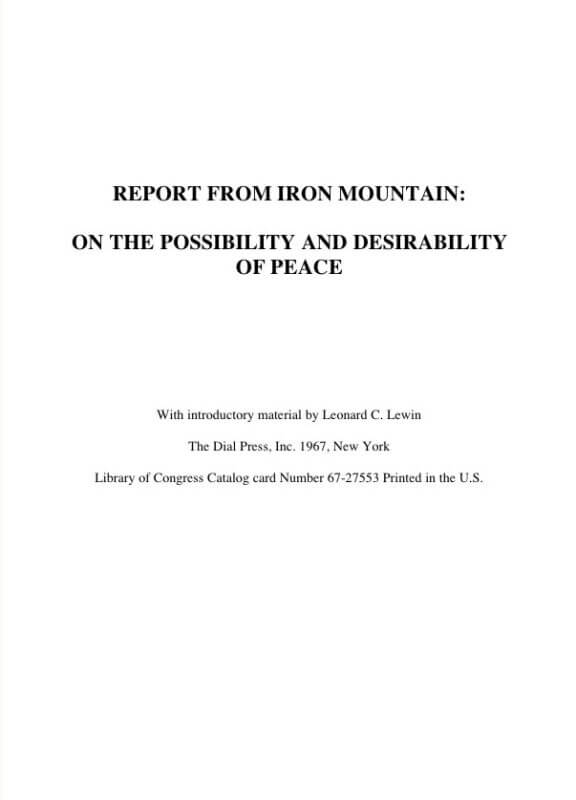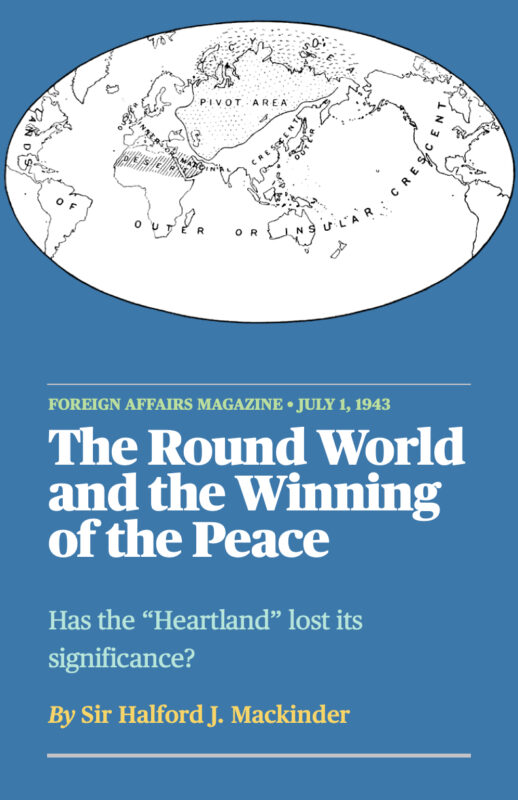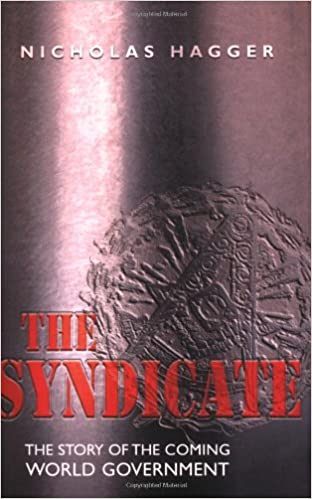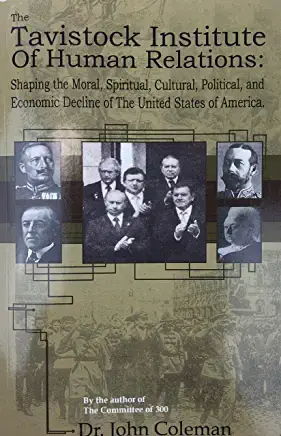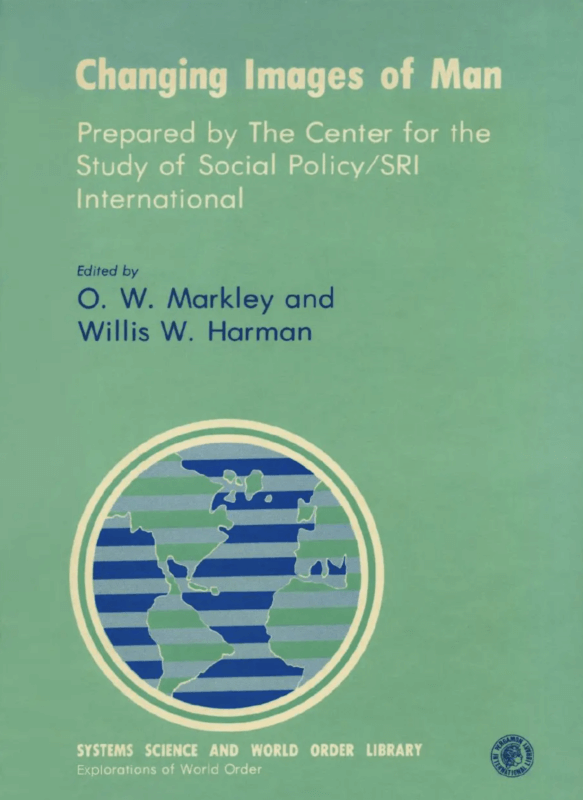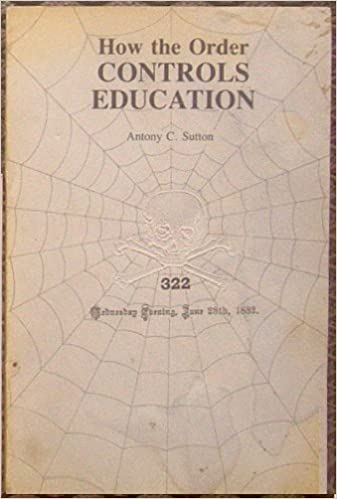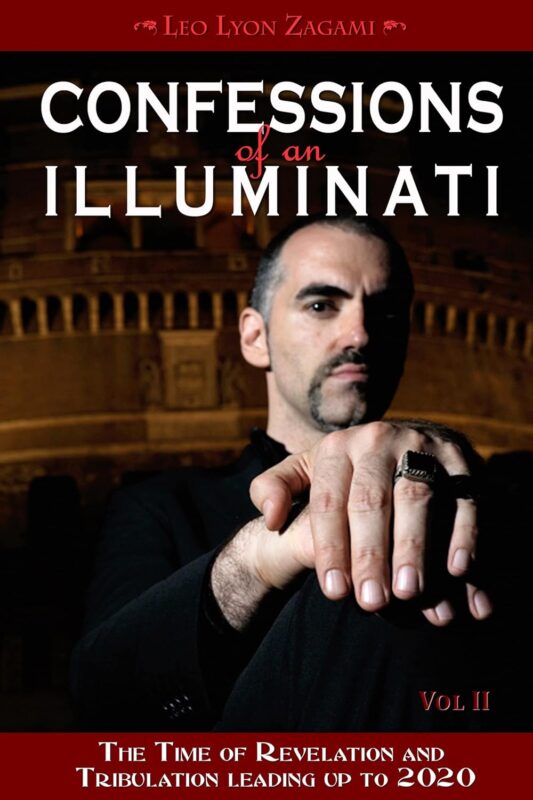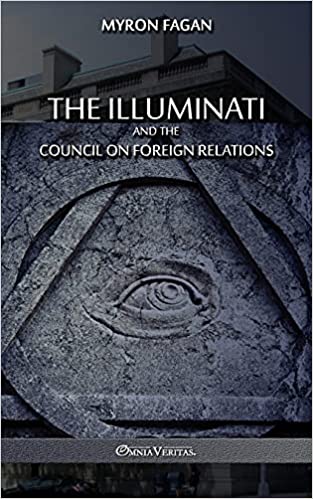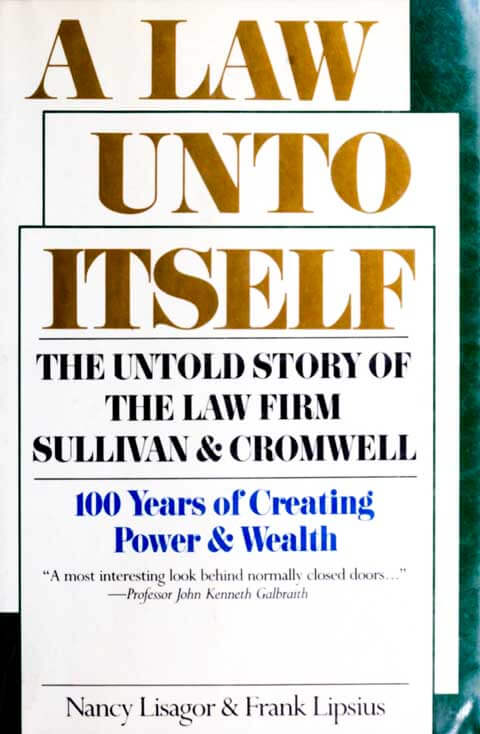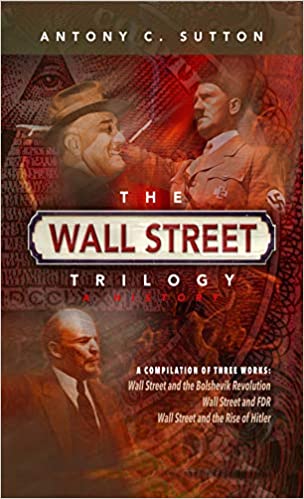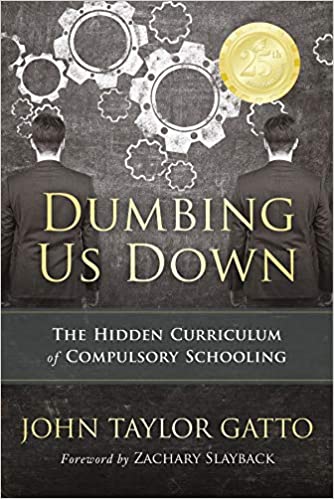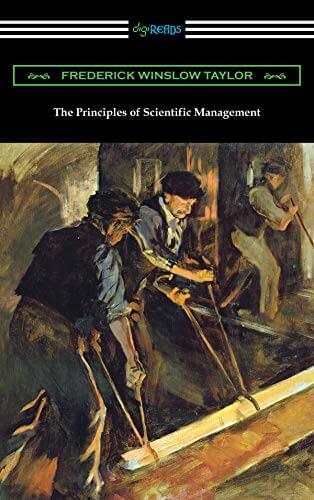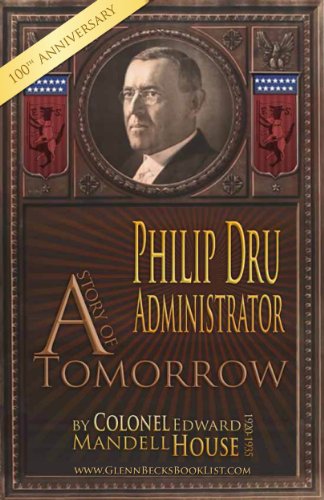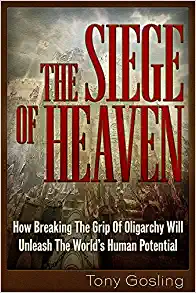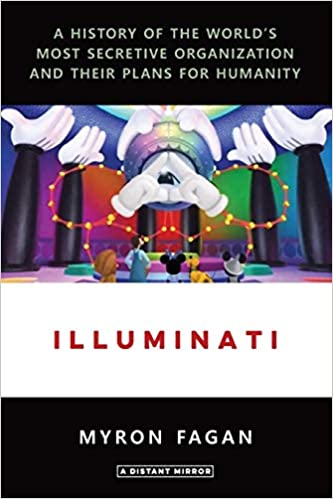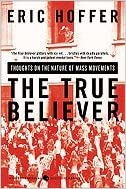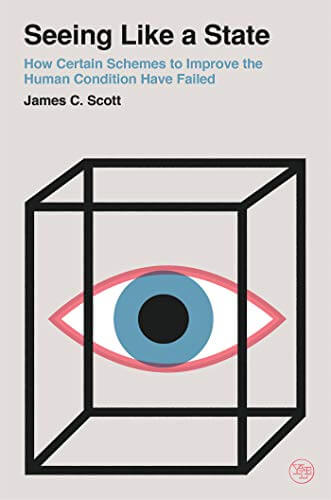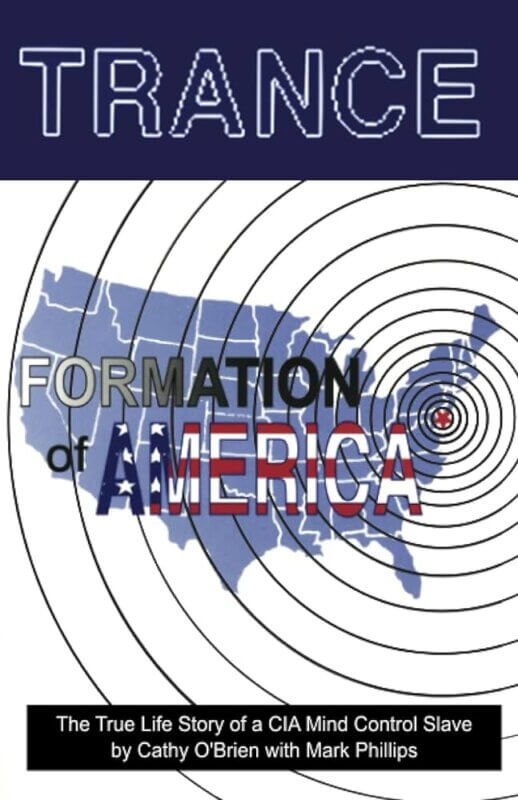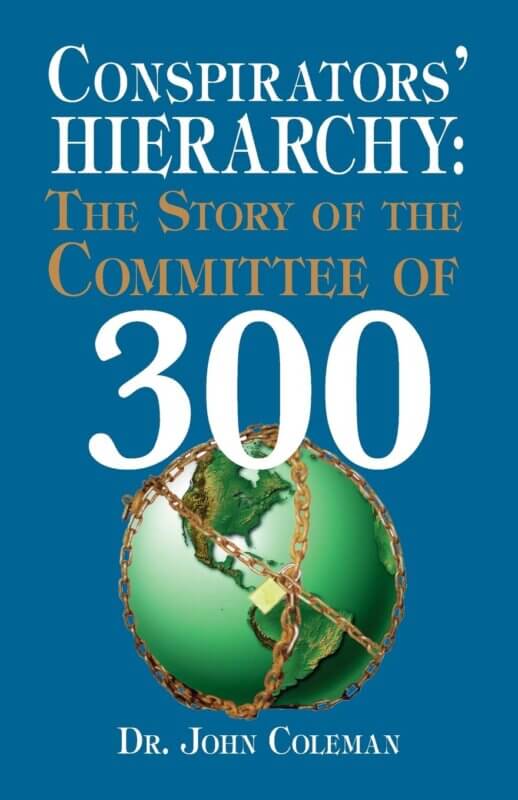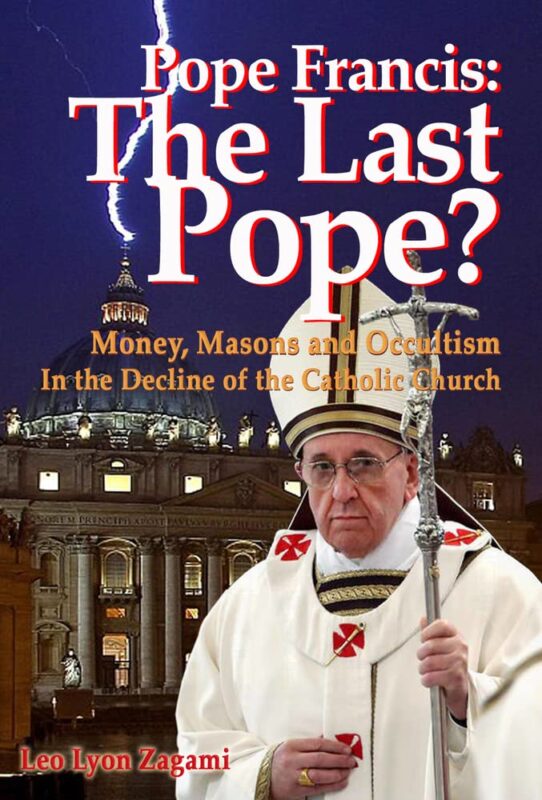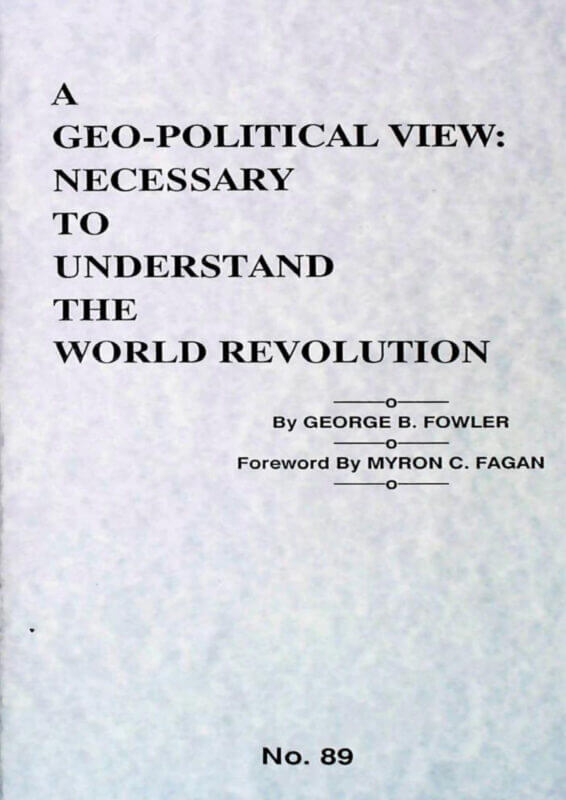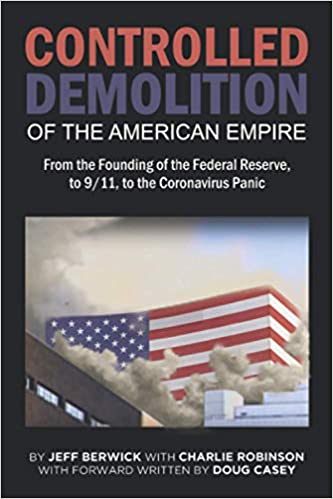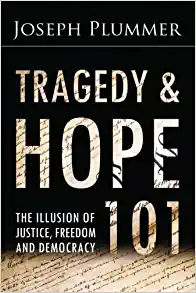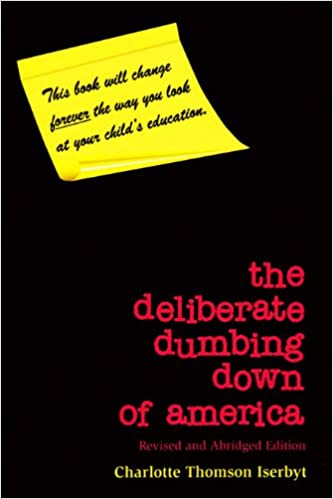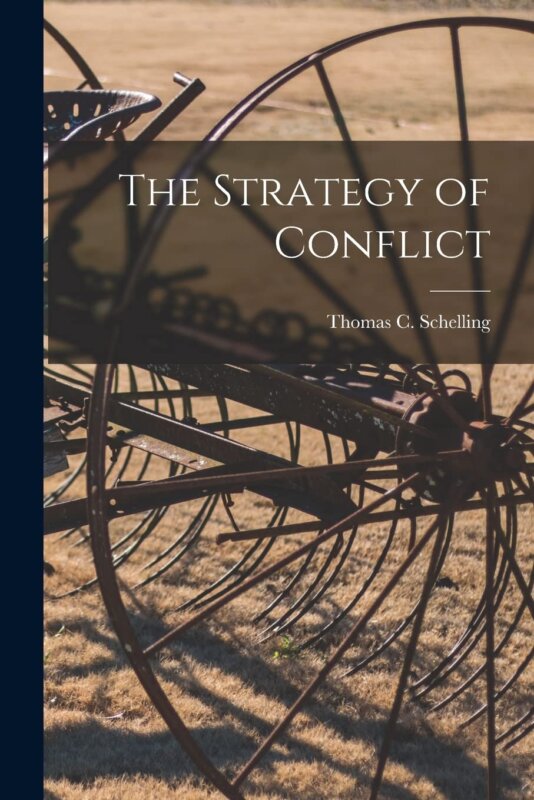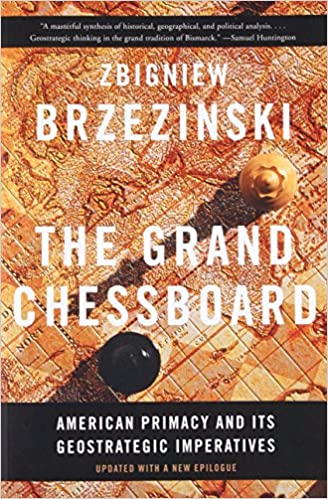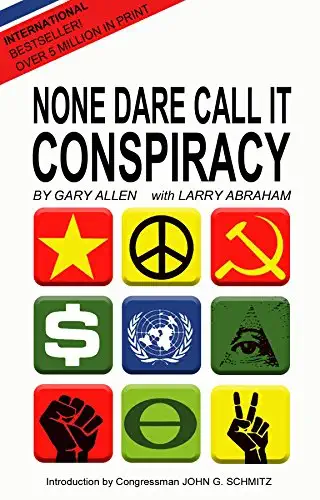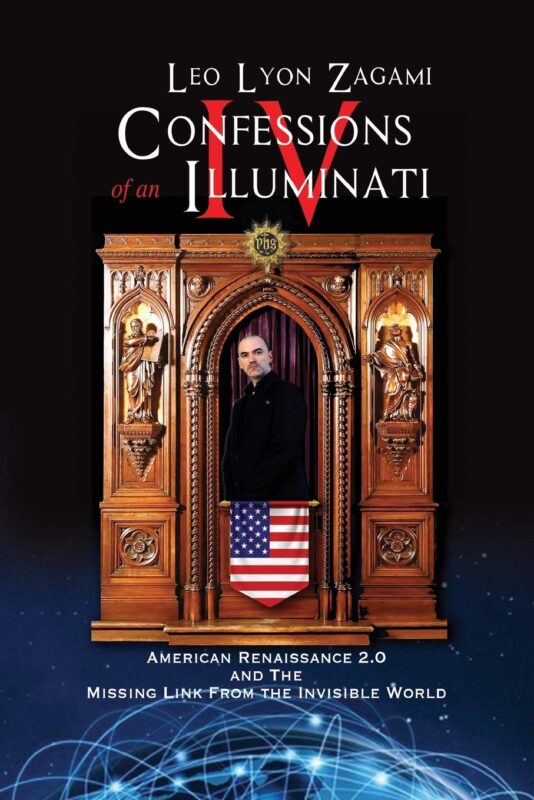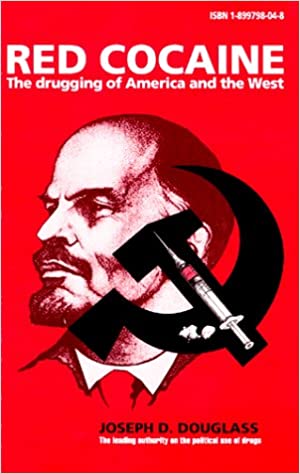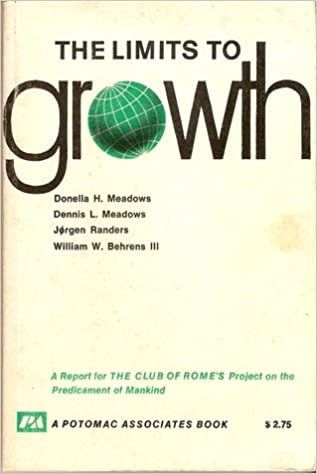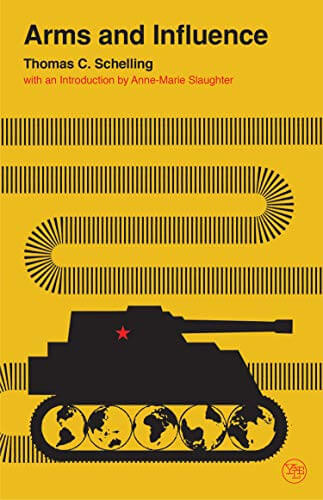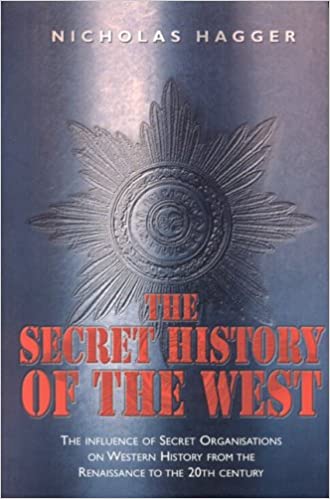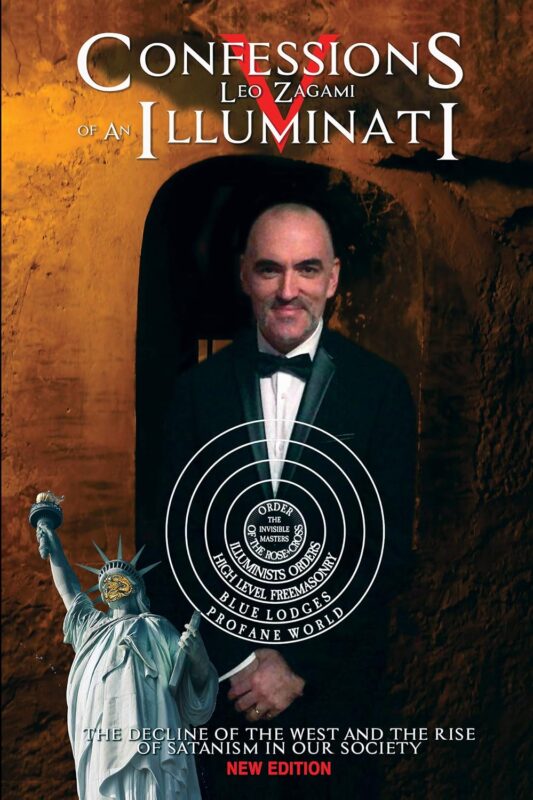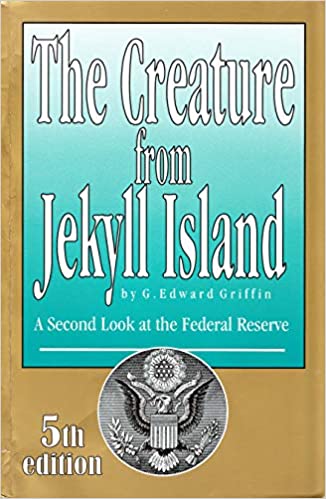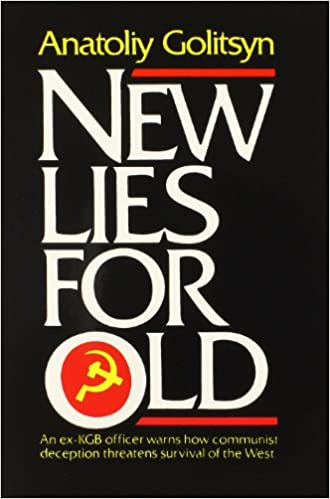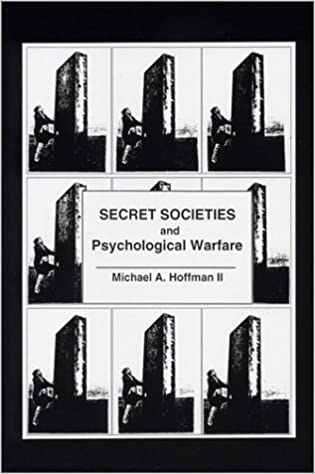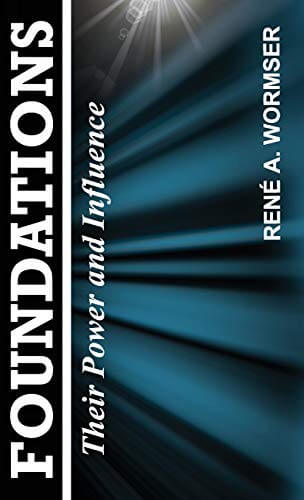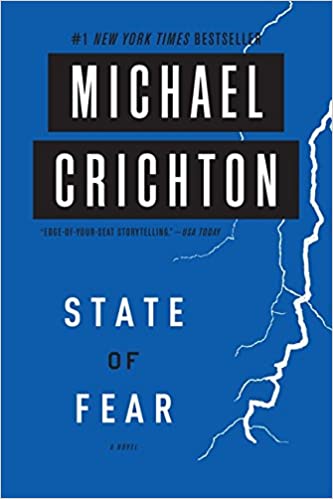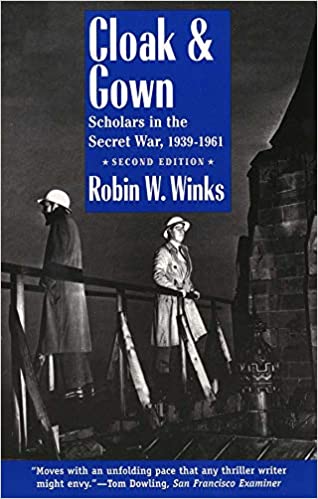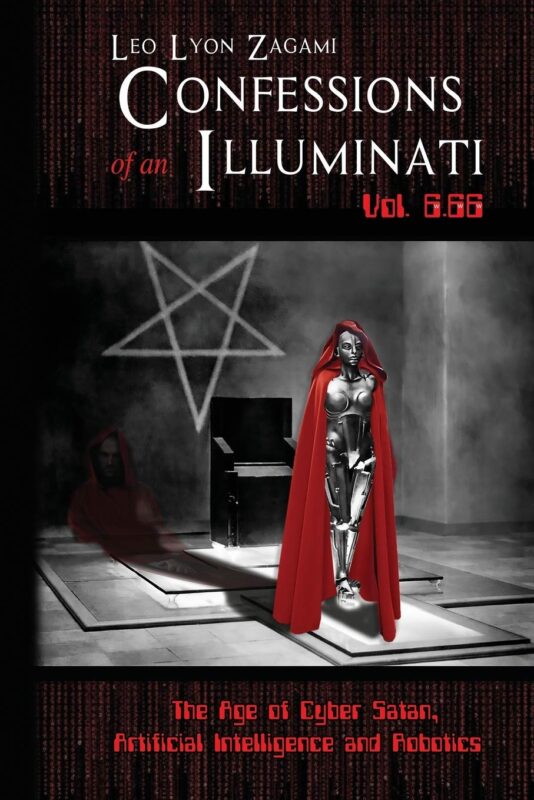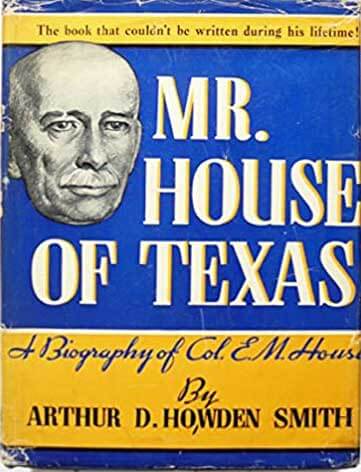
A BIOGRAPHY of the once-famous American Warwick; and who now remembers him? America uses up such a lot of reputations in ten years! Yet it is an eminently valuable book for those few — alas, it seems that they are very few — who care really to identify and understand the historical antecedents which brought forth, and were bound to bring forth, the appalling performances now going on both here and in Europe. In fact, its view of the men and affairs involved in the diplomacy of the last war is in general so sound, so just, and so thoroughly informed, that we think it is quite enough for such readers’ purposes; they need no other book. If Mr. Howden Smith’s judgment of men seems sometimes a little overgenerous, or his conclusions sometimes a little overwrought, his book itself furnishes the means of correcting him.
These instances are few; to take the most important one, the author believes that if the United States had joined the League of Nations our influence would have averted the bloodshed and devastation which now beset the world. But let that influence be ever so idealistic, what would it have counted for in frustrating what Mr. Smith with great moderation calls ‘ the forces of selfishness which were bent upon turning the peace into an engine of persecution, a breeding-ground for future wars’? Could it have evaporated ‘the jealousies and suspicions’ of responsible Allied statesmen, or cooled ‘ the fires of hatred and vengeance’ which they persistently fanned? Mr, Smith’s own account of the spirit predominating at the Peace Conference makes his belief seem rather more than naïve. How far, moreover, was America actually permeated by a disinterested idealism sufficient to keep up the pressure of a benign and healing influence upon post-war Europe? Mr. Smith’s few words about the amount and quality of idealism displayed in America during the post-war decade are quite enough to settle that question; and even without them most of us can remember that decade well enough to settle it for ourselves. Idealism notoriously never anywhere went at a cheaper price than in the United States of that period; the moral quality of our life, both social and official, was seldom lower; and Mr. Smith’s book shows clearly the causes which went a long way towards making it so.
Incidentally, the book throws light on several interesting questions which those who knew the answers have hitherto persistently shirked. For instance, what accounts for the remarkable immunity of ships of the French Line during the German submarine campaign? We all remember what a puzzle it was that they alone should cross and recross the Atlantic on schedule time, apparently taking no precautions, and were never interfered with. Again, who was Mr. House’s first choice for the Presidency, and why did his persuasions fail? The reason that Mr. Smith gives for this failure is quite wrong; it is his one capital error, perhaps, in his estimate of the men of the time. The important thing, however, which few people were or are aware of, is that Wilson was his second choice. Again, what exactly was Mr. Wilson’s condition during the last few months of his Presidency ? Was the country actually without a President, and if so, what were the arrangements made for that contingency, and who made them? Again, how much did the second Mrs. Wilson have to do with driving a wedge into the House-Wilson friendship? Again, what was it that suddenly put a wet blanket on England’s State-directed campaign to ‘hang the Kaiser’? Mr. Smith’s authoritative treatment of many such matters gives color to his narrative. But, we repeat, the great virtue of Mr. Smith’s book is that rarest of virtues, its disinterestedness, its pervading sense of justice — justice for whom and what one does like, and for whom and what one does not like.


